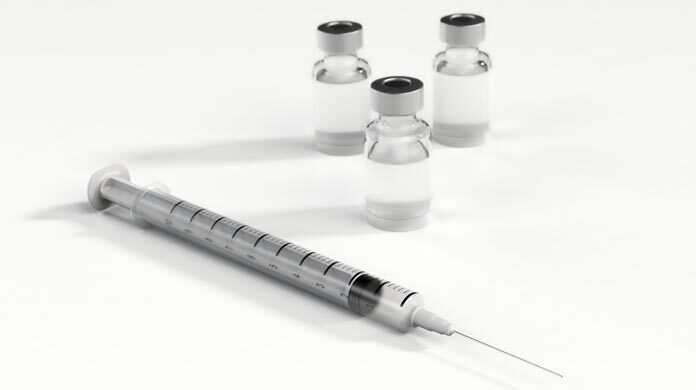
The foodservice business has many challenges. Adhering to Health Department rules and building codes, dealing with strict community boards, applying for permits and licenses is an exhaustive list of things that need to be dealt with just to get the doors open for business.
Once operations begin, food safety protocols need to be followed, menu requirements have to be met, labor laws observed, and the list goes on. But all those things, challenging as they may be, are par for the course. Every operator gets through them and then its business as usual. There is however one thing that has become increasingly common in food processing and restaurants that operators may not be able to get through or ever recover from… Hepatitis A Outbreaks.
What is Hepatitis A?
Hepatitis A is highly contagious liver infection that can cause mild to severe illness, including liver failure. Symptoms include fever, nausea, vomiting, abdominal pain, extreme exhaustion and jaundice. According to the Center for Disease Control (CDC), Hepatitis A virus can be transmitted through direct contact with an infectious person, or through ingestion of food and water contaminated by the fecal matter of an infected individual.
Common scenario in food service… An infected food worker doesn’t wash his/her hands properly after using the bathroom (even though the required sign above the sink reads “Employees must wash hands after use”), goes back to the kitchen, continues prepping food, which is then contaminated, served to patrons and eaten. If the infected food worker in this scenario, showed any symptoms associated with the virus, he or she could have been sent home immediately, before any contamination occurred. However, symptoms may not appear until two months after exposure (the incubation period varies between 10 and 50 days), making it possible to pass the virus before any symptoms develop. And in some cases, symptoms never develop, making it all the more difficult to contain. And just like that, one Hepatitis A infected foodservice worker is capable of infecting a large number of patrons, resulting in an outbreak. The CDC estimates that 83,000 cases of hepatitis A occur in the US every year and that many of these cases are related to foodborne transmission.
So, how do we prevent Hepatitis A in foodservice establishments?
The best way may be through vaccination. According to the CDC, since the inception of the hepatitis vaccine, rates of infection have declined 92 percent.
Hepatitis A is the only foodborne illness that is vaccine-preventable. Because the virus in the vaccine is “not live”, you cannot get hepatitis from injecting it. Millions of people around the world have received it with no serious adverse events. The most frequently reported side effects among adults is swelling in the area where the vaccine was given and headaches.
In 2006 the CDC recommended in that all children 1 to 2 years of age be vaccinated, however the CDC has not recommended Hepatitis A vaccinations for food service workers, while thousands of people all over the country have fallen ill because the food that they ate was prepared by an infected individual. According to the CDC, since hepatitis A outbreaks were first identified in 2016, more than 17,000 cases and at least 170 deaths as a result of the infection have been reported. Currently there are outbreaks of Hepatitis A all over the U.S. In the summer of 2018, CDC issued a health advisory warning Americans of a Hepatitis A outbreak affecting 10 states (luckily NYC was not one of them).
As the vaccine debate continues, restaurant operators as well as any others serving food to the public, should take the following steps to mitigate the chances of an outbreak:
- Educate employees about Hepatitis. Train them to understand signs of illness and notify managers immediately;
- Train staff on proper handwashing and hygiene
- Hold employee seminars explaining food safety practices
- Do not allow food workers showing signs of ANY illness to work until all symptoms are gone for at least 24 hours;
- Do not allow Food workers showing symptoms of Hepatitis A to come back to work unless they receive medical clearance from a Doctor
Operating a food service establishment in NYC definitely has its challenges. Although there are many rules to follow, and many hurdles to overcome, practicing and enforcing food safety rules should be a priority. Because vaccinating food service employees is not mandatory, developing food safety protocols at the outset, before operations begin, is vital in protecting patrons from illness, which is both a social and moral responsibility.
Waiting for an outbreak to occur to act can have severe consequences on patrons as well as the establishment itself. The stigma surrounding Hepatitis A, suggests that those affected must be maintaining a dirty workplace, although untrue, it is something brands may never recover from.























